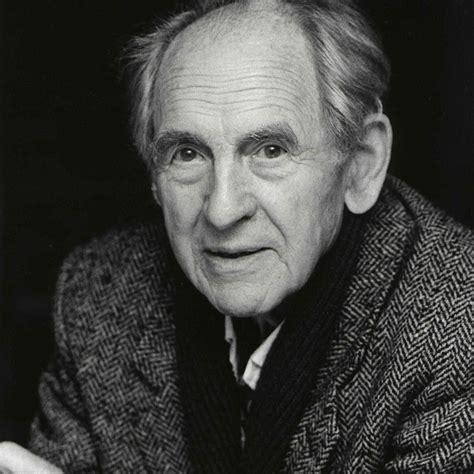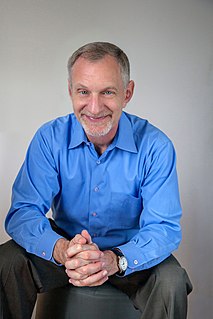A Quote by Mikhail Gorbachev
Putin wants to stay in power, but not so that he can finally solve our most pressing problems: education, health care, poverty.
Related Quotes
There aren't enough professionals to solve the world's problems. There will never be enough doctors to solve the health problems of the world. There will never be enough teachers to solve the education problems of the world - illiteracy. There will never be enough missionaries to care and comfort and share the Good News. It has to be done by normal, ordinary people.
We are more than our problems. Even if our problem is our own behavior, the problem is not who we are-it's what we did. It's okay to have problems. It's okay to talk about problems-at appropriate times, and with safe people. It's okay to solve problems. And we're okay, even when we have, or someone we love has a problem. We don't have to forfeit our personal power or our self-esteem. We have solved exactly the problems we've needed to solve to become who we are.
We could come together, Democrats and Republicans, to find practical, commonsense solutions to health care, to education, to energy issues, because although I'm a proud Democrat, I'm a prouder American. And I think all of us believe, regardless of our party affiliations, that this is a critical time, where we've got to solve big problems.
Twenty per cent of American children grow up in poverty, and that means they get inadequate nutrition, inadequate health care, and because we have a very local education system, they get inadequate access to education. With those as a starting base, you perpetuate inequality. That's why, here in New York, Mayor de Blasio has made a big deal of trying to focus on preschool education, because by five years old, there are already huge differences. We've finally begun to recognize it.











































